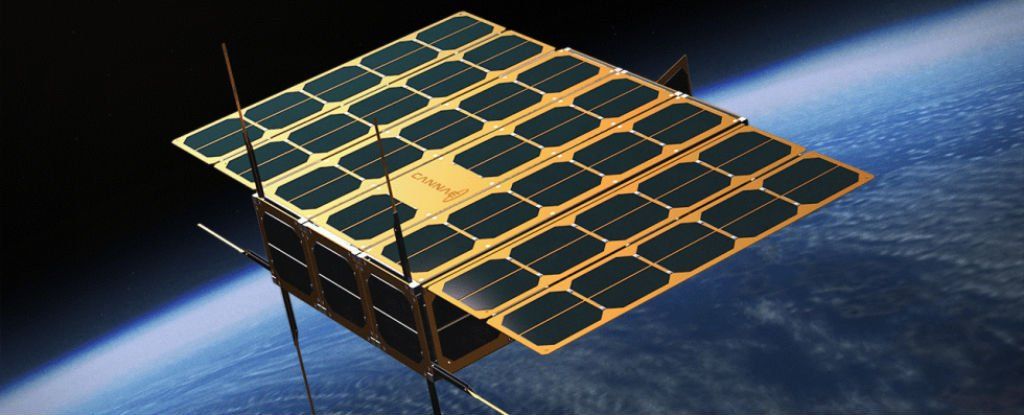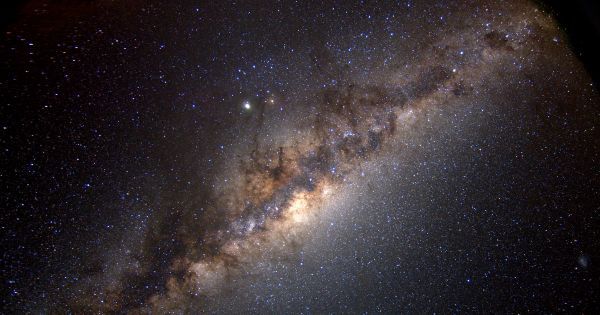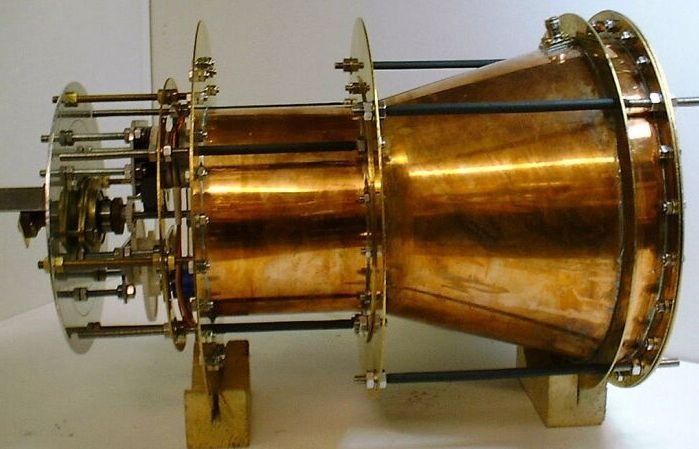An actual EM Drive is about to be launched into space for the first time, so scientists can finally figure out — once and for all — if it really is possible for a rocket engine to generate thrust without any kind of exhaust or propellant.
Built by American inventor and chemical engineer, Guido Fetta, the EM Drive is as controversial as it gets, because while certain experiments have suggested that such an engine could work, it also goes against one of the most fundamental laws of physics we have.
As Newton’s Third Law states, “To each action there’s an equal and opposite reaction,” and many physicists say the EM Drive categorically violates that law.



